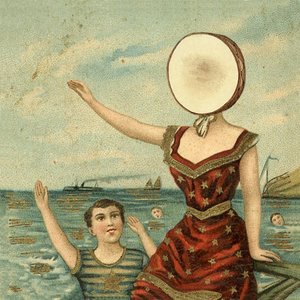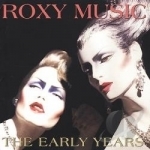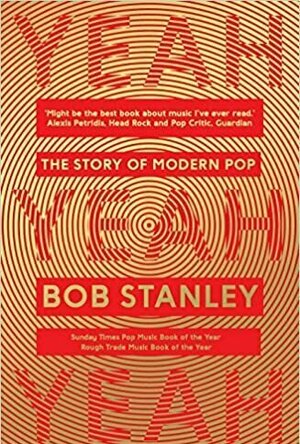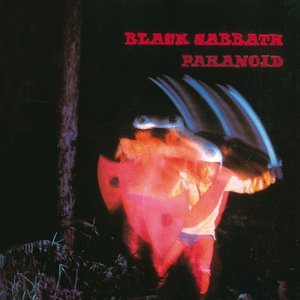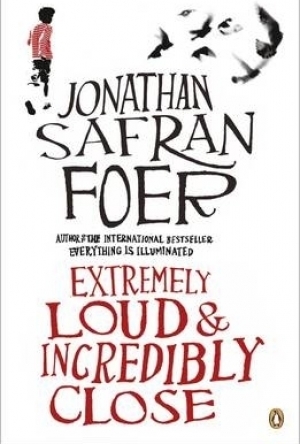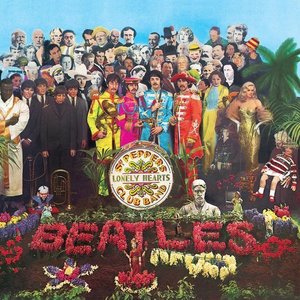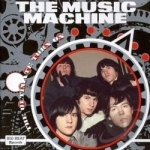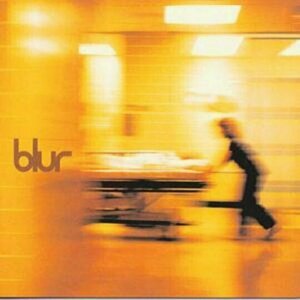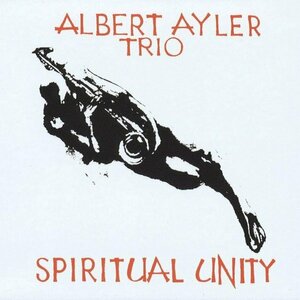Search
Search results
Amanda Palmer recommended In the Aeroplane Over the Sea by Neutral Milk Hotel in Music (curated)
Butch Vig recommended track Virginia Plain by Roxy Music in Early Years by Roxy Music in Music (curated)
Alexis Petridis recommended Yeah Yeah Yeah: The Story of Modern Pop in Books (curated)
Rob Halford recommended Paranoid by Black Sabbath in Music (curated)
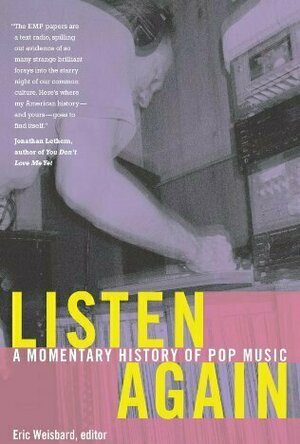
Listen Again: A Momentary History of Pop Music
Book
Arguing that pop music turns on moments rather than movements, the essays in Listen Again pinpoint...
Alison Pink (7 KP) rated Extremely Loud and Incredibly Close in Books
Jan 15, 2018
I have never been a big fan of history. There have been events in history which have captured my attention...the Holocaust, JFK's assassination, the Civil Rights movement, the Beatles. I think my issue with history is just that, its history. I had no connection to it. All of that changed on September 11, 2001, my generation's version of the day that will live in infamy. Like most everyone who was old enough to remember, I remember that day like it were yesterday...where I was when I heard, what it was like to watch those massive building collapse, the fear, the uncertainty, the need to have those I loved close to me, how I knew it was real but just not being able to comprehend that I was watching the news & not some movie. I didn't have a personal connection with losing someone that day thank God.
Jonathan Safran Foer's book gave me that personal connection. While I know it is fiction, it felt SO incredibly real. His writing was very heartfelt...funny, depressing, hopeful, and heartbreaking all at once. It tells the story of Oskar Schell who lost his father on that horrible day. It tells the tale of the aftermath for those left behind, those who still today stuggle to get a handle on wrapping their minds around their loved one being gone, even though there is nothing to put closure to their loss.
Oskar spends months a searching for an explanation to a key he found at the bottom of a vase in his father's closet after he died. He embarks on the search hoping to feel close to his dad, if only for a little while longer. That search leads him all through New York and into the homes of a very eclectic group of people who are all dealing with some kind of tragedy. In the end, what he finds surprises Oskar, but also manages to pull him back to his mother and deal with his anger at the same time.
I'm not sure what I was expecting, but this book was a pleasant surprise. I laughed & cried, often times all from just one page of text. The story is accompanied by photos that just add to the personal nature of the story. I don't do this often if ever really, but I think this is a book I will read more than once.
Jonathan Safran Foer's book gave me that personal connection. While I know it is fiction, it felt SO incredibly real. His writing was very heartfelt...funny, depressing, hopeful, and heartbreaking all at once. It tells the story of Oskar Schell who lost his father on that horrible day. It tells the tale of the aftermath for those left behind, those who still today stuggle to get a handle on wrapping their minds around their loved one being gone, even though there is nothing to put closure to their loss.
Oskar spends months a searching for an explanation to a key he found at the bottom of a vase in his father's closet after he died. He embarks on the search hoping to feel close to his dad, if only for a little while longer. That search leads him all through New York and into the homes of a very eclectic group of people who are all dealing with some kind of tragedy. In the end, what he finds surprises Oskar, but also manages to pull him back to his mother and deal with his anger at the same time.
I'm not sure what I was expecting, but this book was a pleasant surprise. I laughed & cried, often times all from just one page of text. The story is accompanied by photos that just add to the personal nature of the story. I don't do this often if ever really, but I think this is a book I will read more than once.
